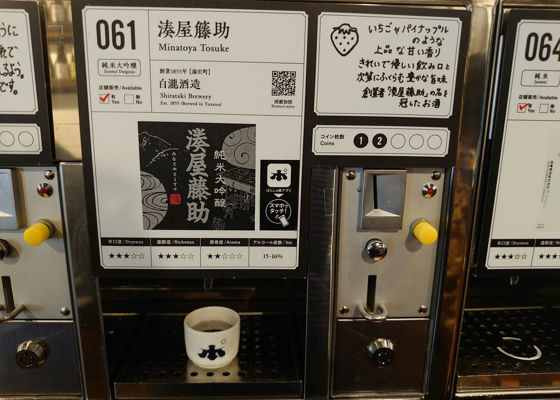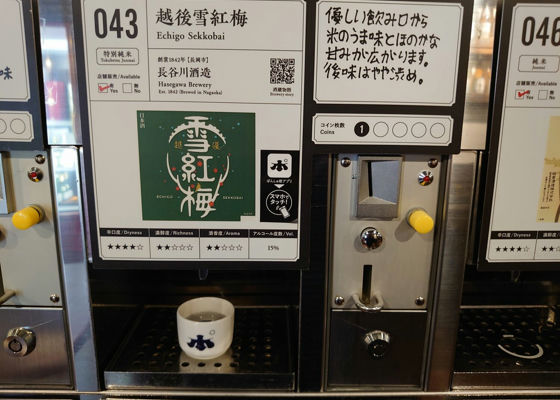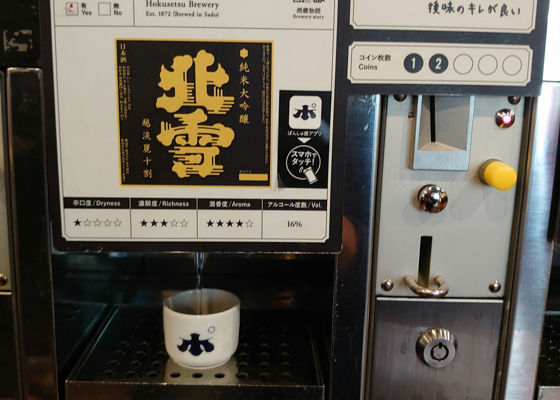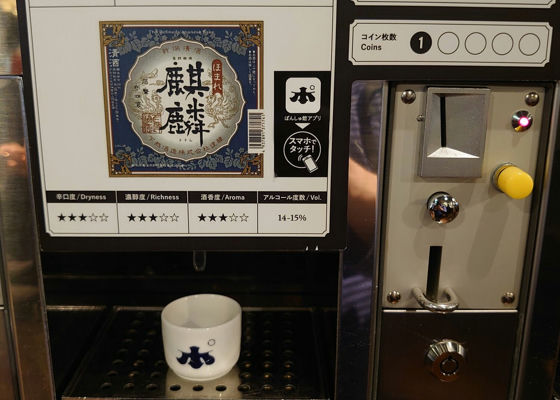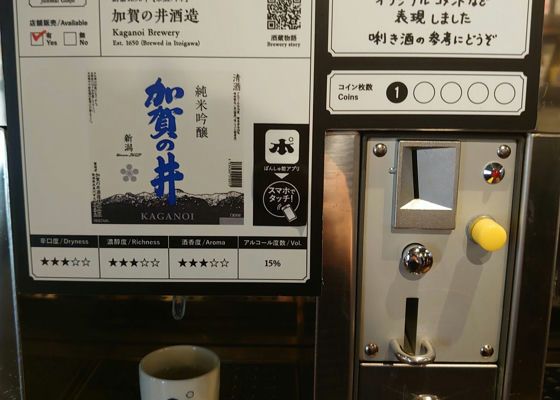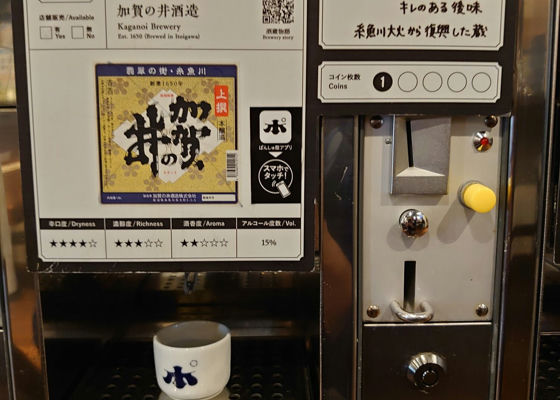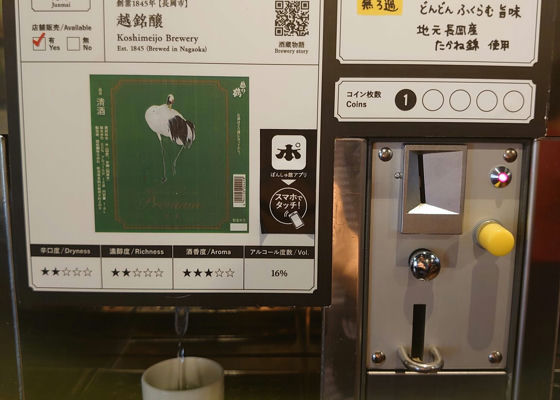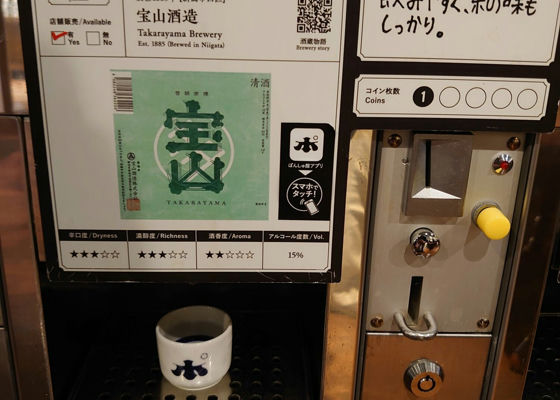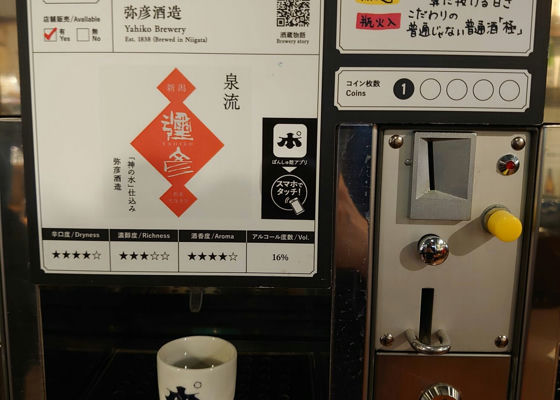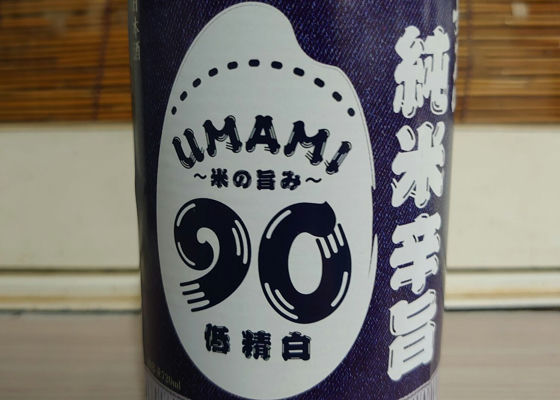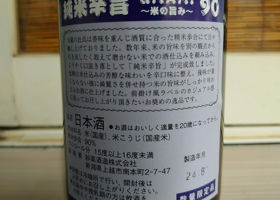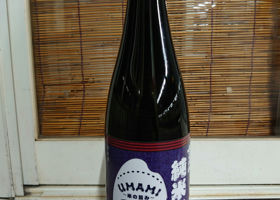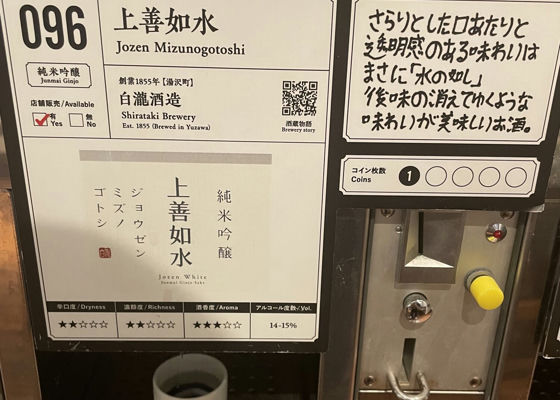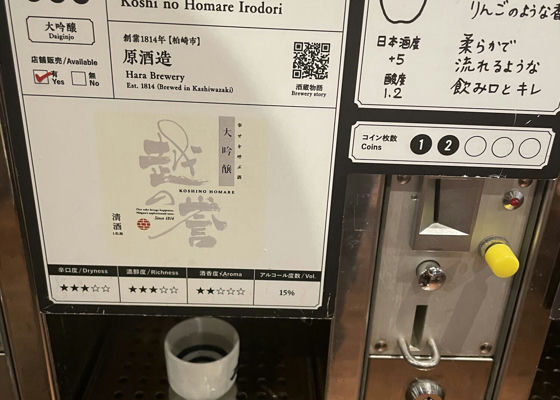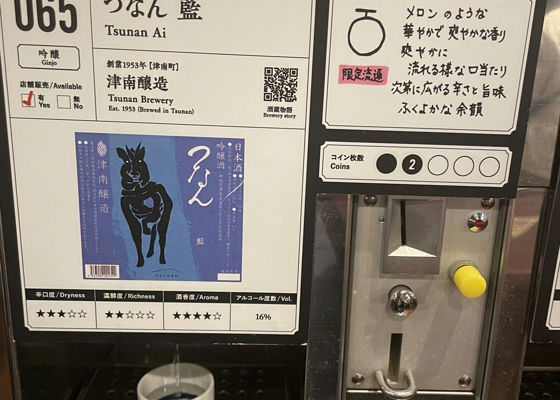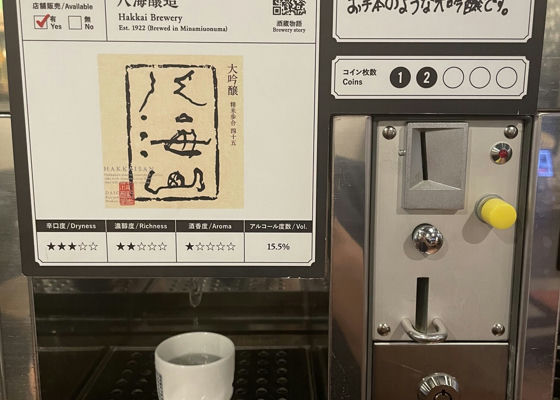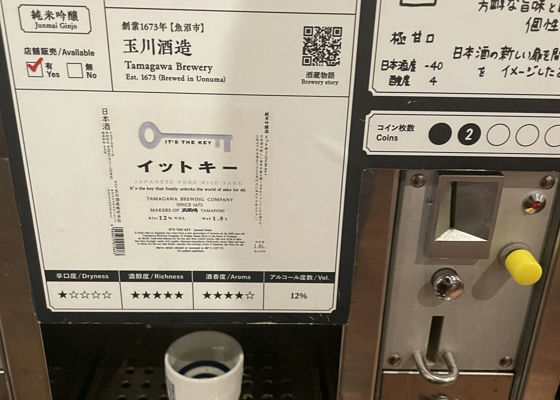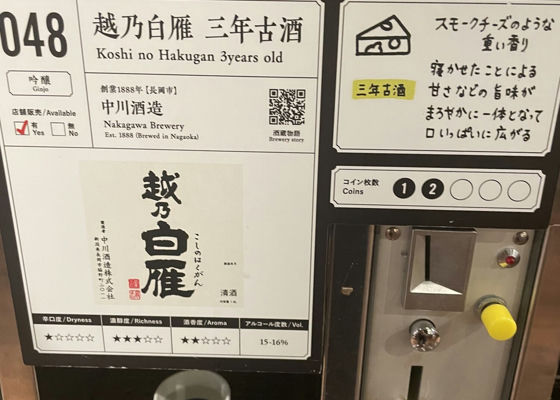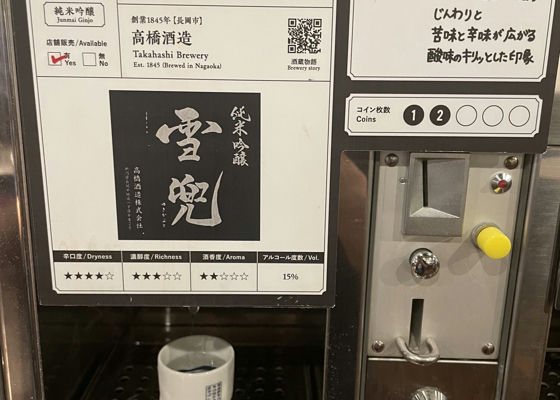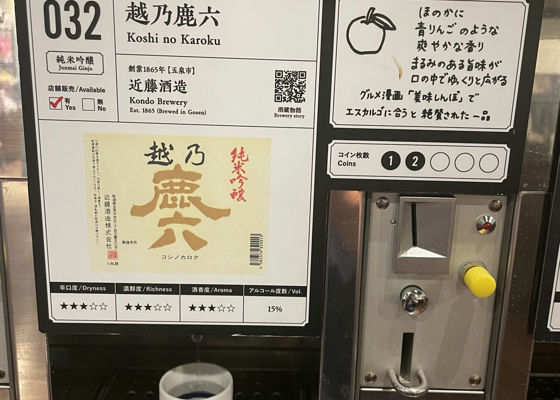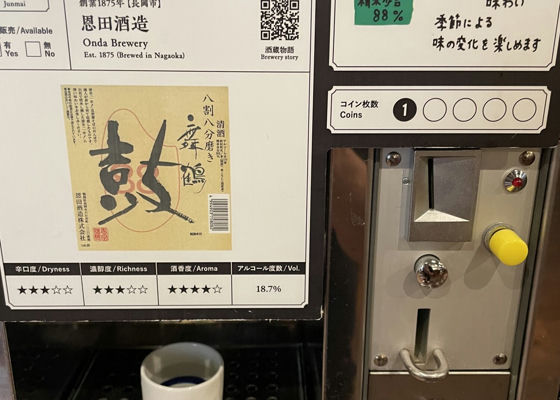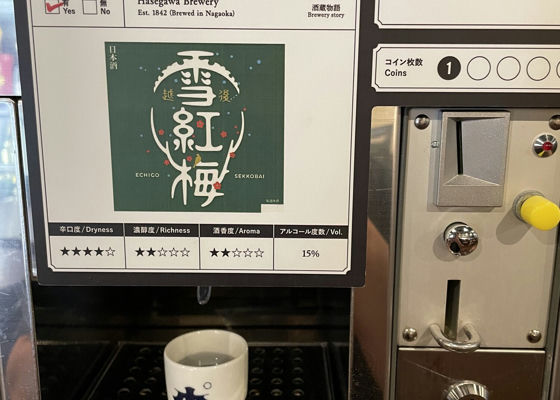Home / Echigo Sake Museum Ponshukan (ぽんしゅ館) Timeline もーちゃん Sake from the sake tasting room🍶 No.9
Consistently refreshing taste. もーちゃん Sake from the sake tasting room🍶 No.8 もーちゃん Sake from the sake tasting room🍶 No.7
The lightness is extreme ✨. もーちゃん Sake from the sake tasting room🍶 No.6 もーちゃん Sake from the sake tasting room🍶 No.5 もーちゃん Sake from the sake tasting room🍶 No.4 もーちゃん Sake from the sake tasting room🍶 #3 もーちゃん Sake from the sake tasting room🍶 No.2
The sake brewing company is continuing their business from the bankruptcy proceedings and we are happy to be able to drink again: ‼️ もーちゃん Sake received at the sake tasting room 🍶. もーちゃん Drinks on the bullet train on the way home🍶.
Full of rice flavor with a crisp aftertaste: ✌️
パーム農家 Taste and aroma are both to my liking
It's like yogurt!
パーム農家 Taste and aroma are both to my liking.
パーム農家 Taste and aroma are both to my liking. RecommendedContentsSectionView.title Home / Echigo Sake Museum Ponshukan (ぽんしゅ館) 